Molybdenum Titanium Powders are increasingly important in various industries due to their unique properties and wide range of applications. This guide will dive into the specifics of these metal powders, including their types, compositions, properties, applications, and much more. We’ll cover everything you need to know in a detailed, yet conversational style to make this technical subject accessible and engaging.
Overview of Molybdenum Titanium Powders
Molybdenum Titanium Powders are a blend of two powerful metals, each bringing its strengths to the table. Molybdenum is known for its high melting point, strength, and electrical conductivity, while titanium is revered for its light weight, strength, and corrosion resistance. Combining these two metals into a powder form creates a material with exceptional qualities, suitable for various advanced applications.
Types and Compositions of Molybdenum Titanium Powders
Understanding the different types of Molybdenum Titanium Powders is crucial for selecting the right one for your needs. Here, we list specific models along with their compositions and properties.
| Model | Composition (Molybdenum: Titanium) | Key Properties |
|---|---|---|
| MoTi-1 | 60:40 | High strength, moderate ductility |
| MoTi-2 | 50:50 | Balanced properties of strength and corrosion resistance |
| MoTi-3 | 70:30 | Enhanced electrical conductivity, good strength |
| MoTi-4 | 40:60 | Superior corrosion resistance, lightweight |
| MoTi-5 | 80:20 | Excellent thermal stability, high strength |
| MoTi-6 | 30:70 | High ductility, good corrosion resistance |
| MoTi-7 | 90:10 | Maximum strength, good electrical properties |
| MoTi-8 | 20:80 | Best ductility, moderate strength |
| MoTi-9 | 65:35 | Optimal balance for aerospace applications |
| MoTi-10 | 75:25 | Superior performance in high-temperature environments |
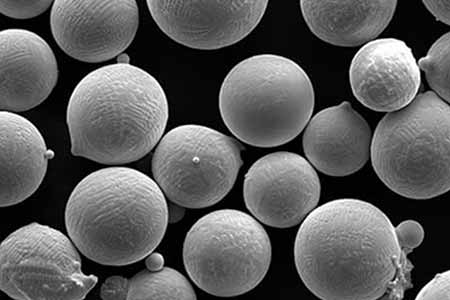
Properties and Characteristics of Molybdenum Titanium Powders
Each type of Molybdenum Titanium Powder exhibits unique properties that make it suitable for specific applications. Here’s a detailed breakdown of their key characteristics:
| Model | Density (g/cm³) | Melting Point (°C) | Electrical Conductivity | Corrosion Resistance | Thermal Stability |
|---|---|---|---|---|---|
| MoTi-1 | 8.5 | 2610 | High | Moderate | High |
| MoTi-2 | 7.9 | 2480 | Moderate | High | Moderate |
| MoTi-3 | 8.9 | 2690 | Very High | Moderate | High |
| MoTi-4 | 7.4 | 2420 | Moderate | Very High | Moderate |
| MoTi-5 | 9.2 | 2750 | High | Moderate | Very High |
| MoTi-6 | 7.0 | 2350 | Moderate | High | Moderate |
| MoTi-7 | 9.5 | 2800 | Very High | Moderate | High |
| MoTi-8 | 6.8 | 2280 | Moderate | High | Moderate |
| MoTi-9 | 8.4 | 2560 | High | High | High |
| MoTi-10 | 8.7 | 2700 | High | Moderate | Very High |
Applications of Molybdenum Titanium Powders
The unique properties of Molybdenum Titanium Powders make them suitable for a variety of applications across different industries. Let’s explore some of the key uses:
| Application | Description |
|---|---|
| Aerospace | Used in aircraft components due to high strength-to-weight ratio and excellent thermal stability. |
| Medical Devices | Ideal for surgical instruments and implants because of biocompatibility and corrosion resistance. |
| Electronics | Utilized in semiconductor devices for high electrical conductivity. |
| Automotive | Used in high-performance engine components for strength and thermal stability. |
| Industrial Machinery | Components subjected to high temperatures and stresses benefit from the material’s durability. |
| Energy Sector | Applied in nuclear reactors and turbines due to thermal stability and corrosion resistance. |
| 3D Printing | Popular in additive manufacturing for creating complex, high-strength parts. |
| Chemical Processing | Equipment exposed to corrosive substances benefits from the material’s resistance properties. |
| Defense | Utilized in armor and military hardware for strength and durability. |
| Sporting Goods | High-end sports equipment like bicycle frames and golf clubs leverage the lightweight and strong nature. |
Specifications, Sizes, Grades, and Standards
When it comes to Molybdenum Titanium Powders, knowing the specifications and standards is essential for ensuring compatibility with your project needs. Here’s a detailed look:
| Model | Particle Size (µm) | Grade | Standards |
|---|---|---|---|
| MoTi-1 | 10-45 | Industrial | ASTM B835 |
| MoTi-2 | 15-50 | Medical | ISO 5832-2 |
| MoTi-3 | 5-40 | Electronic | IPC-4552 |
| MoTi-4 | 20-60 | Aerospace | AMS 4990 |
| MoTi-5 | 10-30 | Energy | ASTM B386 |
| MoTi-6 | 25-70 | Automotive | ISO 5832-3 |
| MoTi-7 | 5-35 | Defense | MIL-T-9047 |
| MoTi-8 | 15-55 | 3D Printing | ASTM F2924 |
| MoTi-9 | 10-50 | Industrial | ASTM B387 |
| MoTi-10 | 20-45 | Sporting Goods | ASTM F2885 |
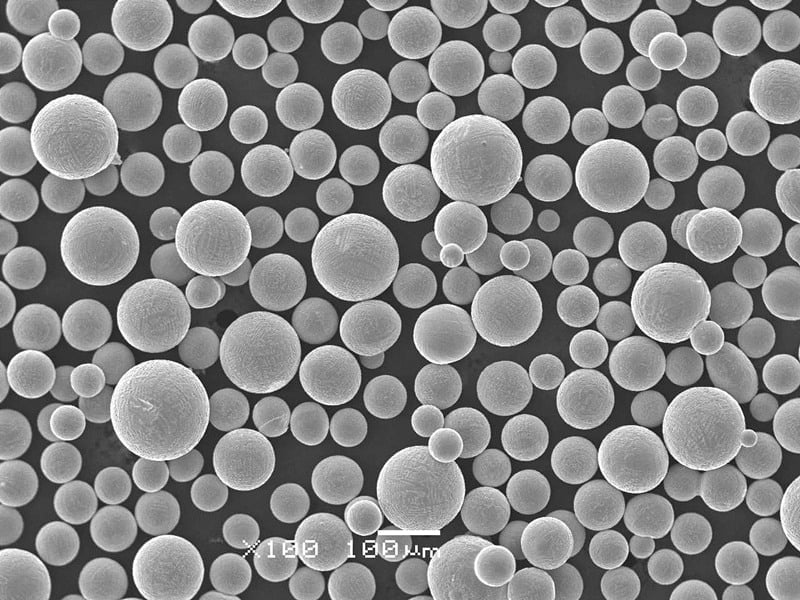
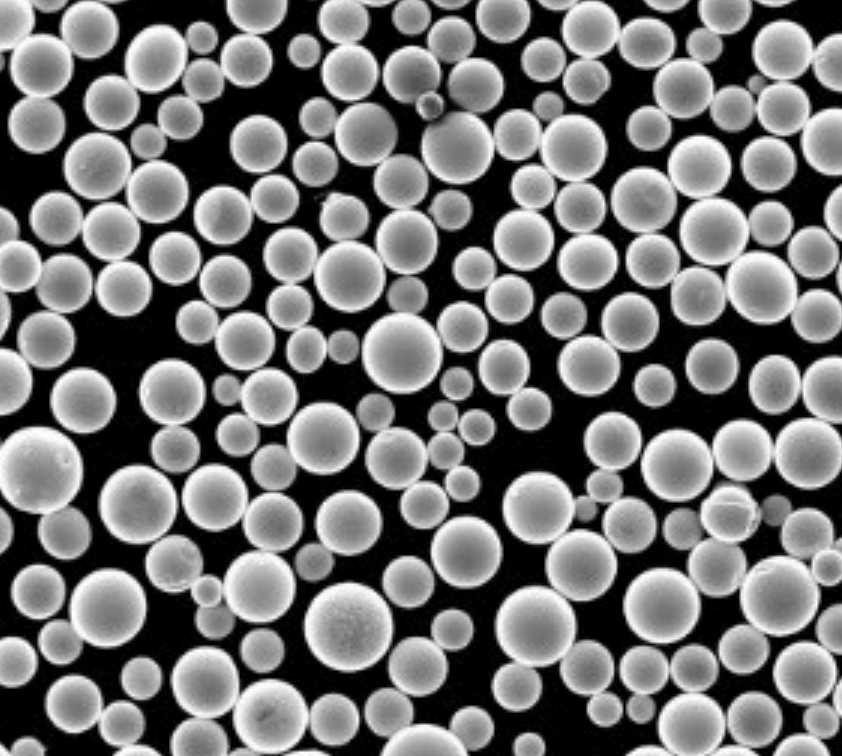
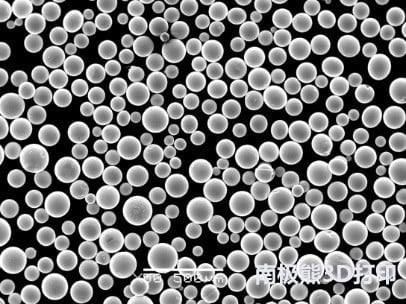
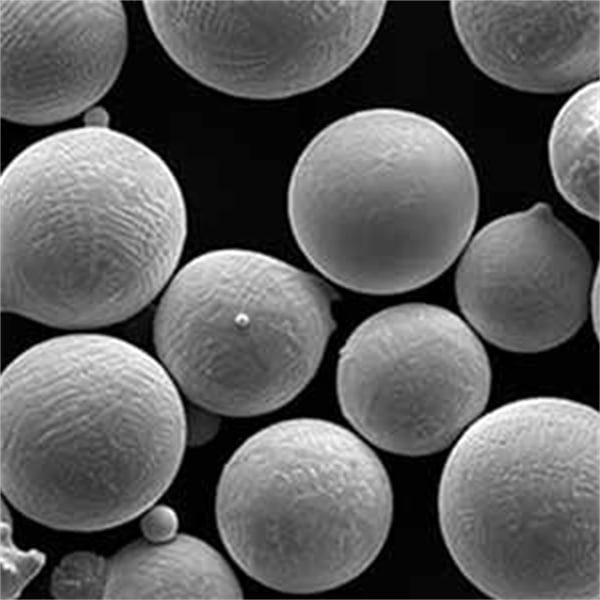
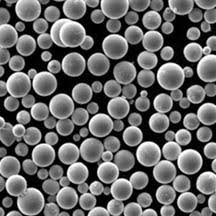
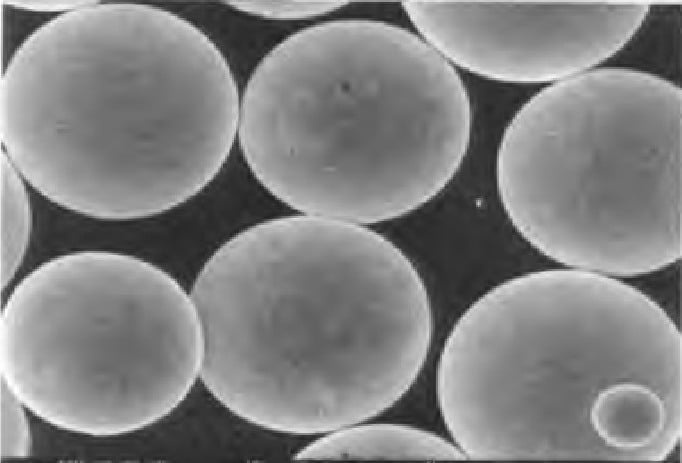
Suppliers and Pricing Details
Finding the right supplier for Molybdenum Titanium Powders can significantly impact the quality and cost of your project. Here are some of the top suppliers and their pricing details:
| Supplier | Model | Price (USD/kg) | Contact Information |
|---|---|---|---|
| Advanced Metal Solutions | MoTi-1, MoTi-2, MoTi-5 | $150 – $200 | [email protected] |
| PowderTech | MoTi-3, MoTi-4, MoTi-6 | $180 – $250 | [email protected] |
| Titanium Alloy Corp | MoTi-7, MoTi-8, MoTi-10 | $200 – $300 | [email protected] |
| Global Materials Inc. | MoTi-9, MoTi-5, MoTi-3 | $160 – $220 | [email protected] |
| UltraTech Materials | MoTi-1, MoTi-6, MoTi-8 | $170 – $260 | [email protected] |
Comparing Pros and Cons, Advantages and Limitations
When choosing Molybdenum Titanium Powders, it’s essential to weigh the pros and cons of each model. Here’s a comparison to help you decide:
| Model | Advantages | Limitations |
|---|---|---|
| MoTi-1 | High strength, good balance of properties | Higher cost compared to standard materials |
| MoTi-2 | Balanced properties, versatile | Moderate thermal stability |
| MoTi-3 | Excellent electrical conductivity, high strength | Limited ductility |
| MoTi-4 | Superior corrosion resistance, lightweight | Lower strength than other models |
| MoTi-5 | Exceptional thermal stability, high strength | Higher cost |
| MoTi-6 | High ductility, good corrosion resistance | Moderate strength |
| MoTi-7 | Maximum strength, good electrical properties | Expensive |
| MoTi-8 | Best ductility, lightweight | Moderate strength, higher cost |
| MoTi-9 | Optimal balance for aerospace, high performance | Specialized use, higher cost |
| MoTi-10 | Superior performance in high-temperature environments | Higher cost, limited applications |
Advantages of Molybdenum Titanium Powders
Molybdenum Titanium Powders come with a range of advantages that make them suitable for various high-performance applications:
- High Strength-to-Weight Ratio: Ideal for aerospace and automotive applications where reducing weight without sacrificing strength is crucial.
- Excellent Corrosion Resistance: Suitable for harsh environments, such as chemical processing and marine applications.
- Superior Thermal Stability: Performs well in high-temperature applications like turbines and nuclear reactors.
- Versatile Applications: From medical devices to sporting goods, these powders can be adapted for numerous uses.
- High Electrical Conductivity: Essential for electronic components and semiconductor devices.
Disadvantages of Molybdenum Titanium Powders
Despite their many benefits, Molybdenum Titanium Powders also have some limitations:
- Cost:These powders are generally more expensive than standard materials.
- Limited Ductility: Some models may not be as flexible or formable as needed for specific applications.
- Specialized Manufacturing Requirements: Requires advanced technology and equipment for processing and shaping.
- Complex Alloying Process: Creating the right blend of molybdenum and titanium can be challenging and time-consuming.

FAQ
To address common queries about Molybdenum Titanium Powders, we’ve compiled a list of frequently asked questions:
| Question | Answer |
|---|---|
| What are Molybdenum Titanium Powders used for? | They are used in aerospace, medical devices, electronics, automotive components, and more due to their unique properties. |
| How are these powders manufactured? | They are typically produced through processes like mechanical alloying, gas atomization, and chemical reduction. |
| What is the primary benefit of using these powders? | The primary benefit is their high strength-to-weight ratio, making them ideal for applications requiring both light weight and durability. |
| Are there any specific handling precautions? | Yes, due to their fine particulate nature, appropriate safety measures should be taken to avoid inhalation and ensure proper storage. |
| Can these powders be used in additive manufacturing? | Absolutely, they are widely used in 3D printing for creating complex, high-strength parts. |
| What is the typical particle size of these powders? | Particle sizes can range from 5 to 70 microns, depending on the specific model and application. |
| How do I choose the right model for my application? | Consider the specific properties needed, such as strength, thermal stability, and corrosion resistance, and match them with the corresponding model. |
| Where can I purchase these powders? | They can be purchased from specialized suppliers like Advanced Metal Solutions, PowderTech, and Titanium Alloy Corp. |
| What are the key standards these powders must meet? | Standards such as ASTM B835, ISO 5832-2, and AMS 4990 are commonly referenced for these powders. |
| How does the cost of these powders compare to other materials? | They are generally more expensive due to their specialized properties and manufacturing processes. |
Conclusion
Molybdenum Titanium Powders are a fascinating and highly useful material, offering a unique combination of strength, durability, and versatility. Whether you’re working in aerospace, medical technology, or any field requiring advanced materials, understanding the different types, properties, and applications of these powders can significantly enhance your projects. With this guide, you’re now equipped with the knowledge needed to make informed decisions and leverage the full potential of Molybdenum Titanium Powders.
By exploring the intricate details and numerous applications of Molybdenum Titanium Powders, we’ve covered an extensive range of information in a conversational and engaging manner. From their advantages and disadvantages to their specific models and uses, this guide serves as a comprehensive resource for anyone looking to delve into the world of advanced metal powders.
About 3DP mETAL
Product Category
CONTACT US
Any questions? Send us a message now! After receiving your message, we will process your request with a whole team.
